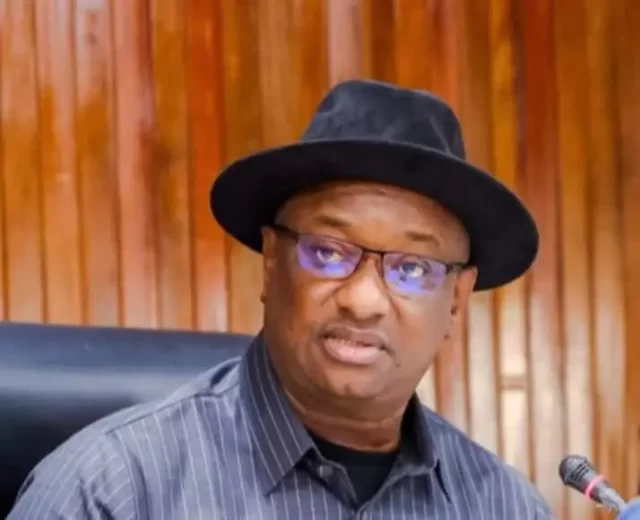
The week-long Disaster Risk Reduction (DRR) training organised by the Nigerian Content Development and Monitoring Board (NCDMB) for eight oil-producing communities in Delta State has ended with participants demonstrating hands-on skills in disaster prevention, emergency management, and climate adaptation.
The capacity-building workshop, which ran from Monday, October 13 to Friday, October 17, 2025, at Xandria Place, Udu Local Government Area, brought together 160 participants drawn from coastal and oil-bearing communities across the state.
The intensive programme focused on hazard identification, early warning systems, emergency coordination, post-disaster recovery, and community-based climate resilience, equipping participants with the knowledge to mitigate risks associated with industrial and environmental hazards.
Lead resource person, Dr. Austin Anyaogu, commended participants for their enthusiasm and commitment, urging them to put the knowledge acquired into practical use to strengthen disaster preparedness at the grassroots.
“This training is not just about awareness — it is about building resilience. I urge every participant to take these lessons home and become advocates for safety and sustainability,” Anyaogu said.
He also called for increased government investment in disaster risk management and stronger multi-agency collaboration to prevent avoidable losses in vulnerable communities.
Earlier, the Managing Director and Chief Executive Officer of Ocean Whales Consult Limited, the consulting firm engaged for the programme, Mr. Izunna Emecheta Lawrence, described the NCDMB initiative as timely and strategic, given the growing environmental and disaster-related challenges facing oil-producing areas in the Niger Delta.

“This programme speaks directly to the realities of our time — climate change, oil spills, flooding, and fire outbreaks. Empowering communities with knowledge is the first step toward building long-term resilience,” he said.
The training adopted global best practices, drawing inspiration from the Sendai Framework for Disaster Risk Reduction (2015–2030). It climaxed with live simulation exercises, during which volunteers conducted emergency drills on domestic fire control and first-response coordination.
At a colourful closing ceremony, participants received certificates of participation, starter packs, and cash awards. They were charged to replicate the lessons learned in their respective communities and promote a culture of preparedness, safety, and environmental responsibility.























